Russia has difficulty finding components to repair weapons.
The US and its allies have seized control of technologies vital to Moscow amid the protracted conflict in Ukraine.
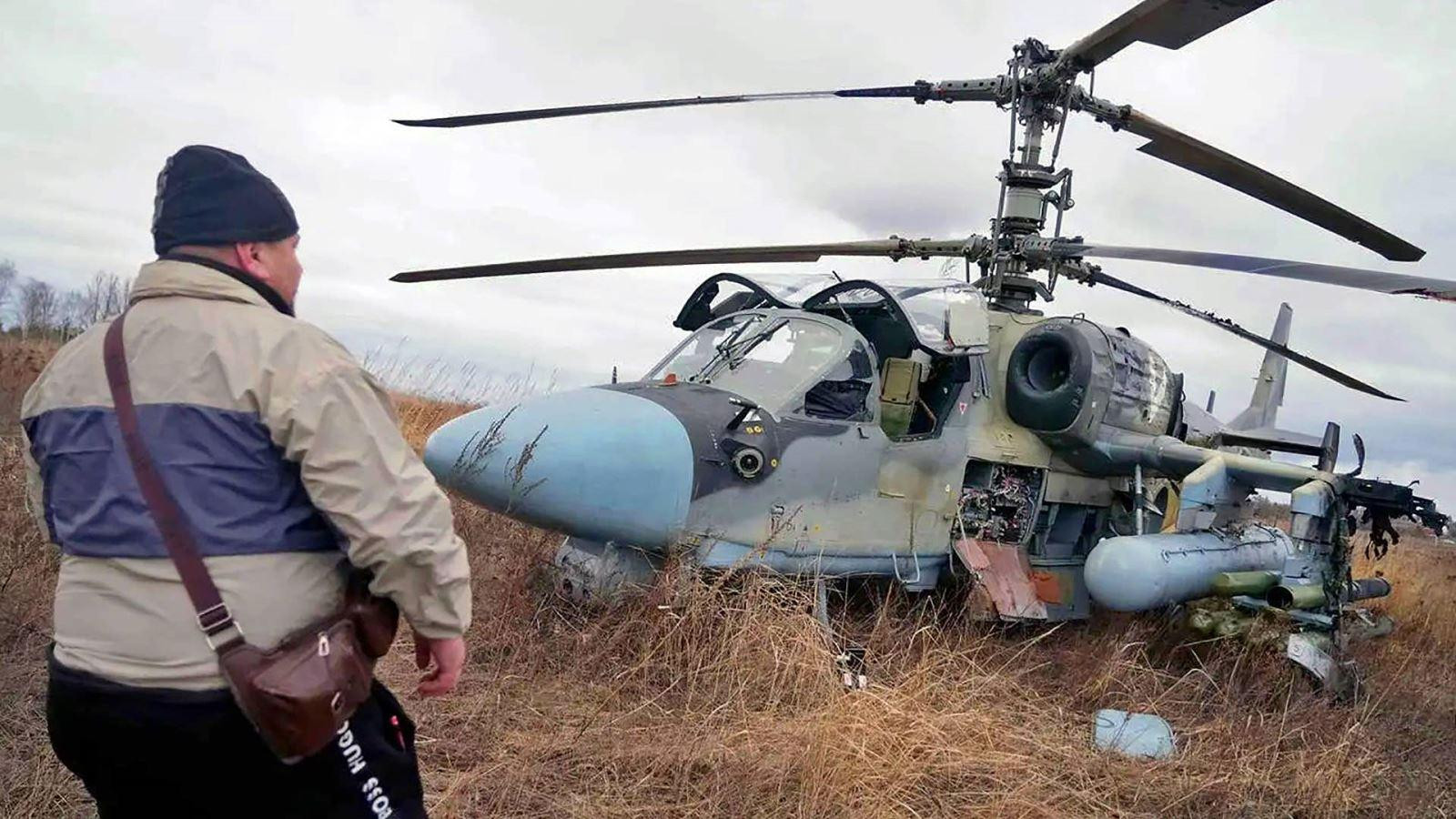 |
Ukrainian experts discovered many US-made chips on the optical-electronic system of a Ka-52 helicopter captured by Kiev. Pictured is the Ka-52 attack helicopter landing in a field outside Kiev on February 24, 2022. Source: AP |
Six months since launching its military campaign in Ukraine, Russia is being held back by technological shortages due to Western sanctions, according to Politico.
Using more missile firepower than initially expected, Russian forces are said to be increasingly relying on Soviet-era arsenals, while Ukraine, backed by Western weapons, has sought to turn the tide in the south, countering with precision strikes against ammunition depots and key infrastructure.
Kiev is keenly aware that the outcome of the conflict is likely to depend on whether Russia regains access to high-tech chips and guarantees that it will not get them.
To underscore the importance of this, Ukraine has issued an international warning that the Kremlin has drawn up a shopping list of semiconductors, insulating materials and other components, mostly produced by companies in the US, Germany, the Netherlands, the UK, Taiwan/China and Japan.
Politico was shown one such Russian list, which is divided into three priority categories, from most important to least important. The list even includes the price tag for each item that Moscow expects to pay.
While Politico could not independently verify the source of the list, two military supply chain experts said it was consistent with other studies of Russia’s military needs and equipment. With only very basic domestic technology, Russia has relied in recent years on key companies in the US, EU and Japan for semiconductors, a supply that has now been cut off due to sanctions.
Ukrainian Prime Minister Denys Shmyhal stressed that the war had reached a turning point where the technological advantage was proving decisive. “According to our information, the Russians have used almost half of their … arsenal,” he told Politico.
Mr. Shmyhal added that Ukraine estimates that Russia has reduced its stockpile to just “four dozen” hypersonic missiles. “These are precision devices, and the precision is due to the microchips inside. But due to the sanctions imposed on Russia, the supply of this high-tech microchip equipment has stopped, and they have no way to replenish this stockpile.”
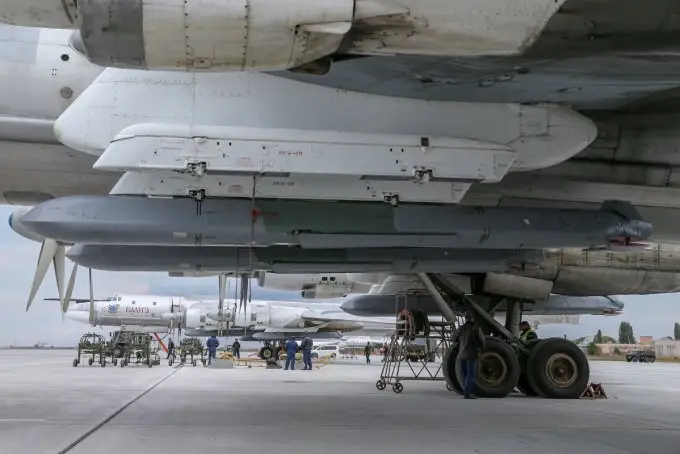 |
Kh-101 missile on a Russian Tu-95 aircraft. Photo: The Drive |
Of the 25 items that Russia is looking for, most are microchips made by American companies Marvell, Intel, Holt, ISSI, Microchip, Micron, Broadcom and Texas Instruments. There are also chips from Japan's Renesas, which acquired the US's IDT; Germany's Infineon, which acquired US-based Cypress; microchips from the US company Vicor; and connectors from the US company AirBorn.
Some items are easily found at online electronics retailers, while others have been out of stock for months due to the global microchip shortage.
The cheapest item on the priority list is a gigabit ethernet transceiver made by Marvell, which costs around 7 euros. The most expensive item is a semiconductor chip made by Intel, which is listed at 1,107 euros each (before the chip shortage, it cost less than 20 euros).
With a medium priority list, the Russians are hunting for a range of housings and connectors from Herting (Germany) and Nexperia (Netherlands).
James Byrne, director of open source analysis and intelligence at the RUSI defence and security think tank, said it was likely Russia had been stockpiling Western microchips and other essential equipment for years, but could now be running low.
Mr Byrne commented that Russia's military procurement program "is extensive, well funded, and they have a huge military and industrial base that produces equipment. But now they've spent so much in Ukraine, they need a huge amount of new supplies. And the sanctions are going to make it more difficult for Russia... So they're going to have to prioritize what's important, and that's why we're seeing these documents."
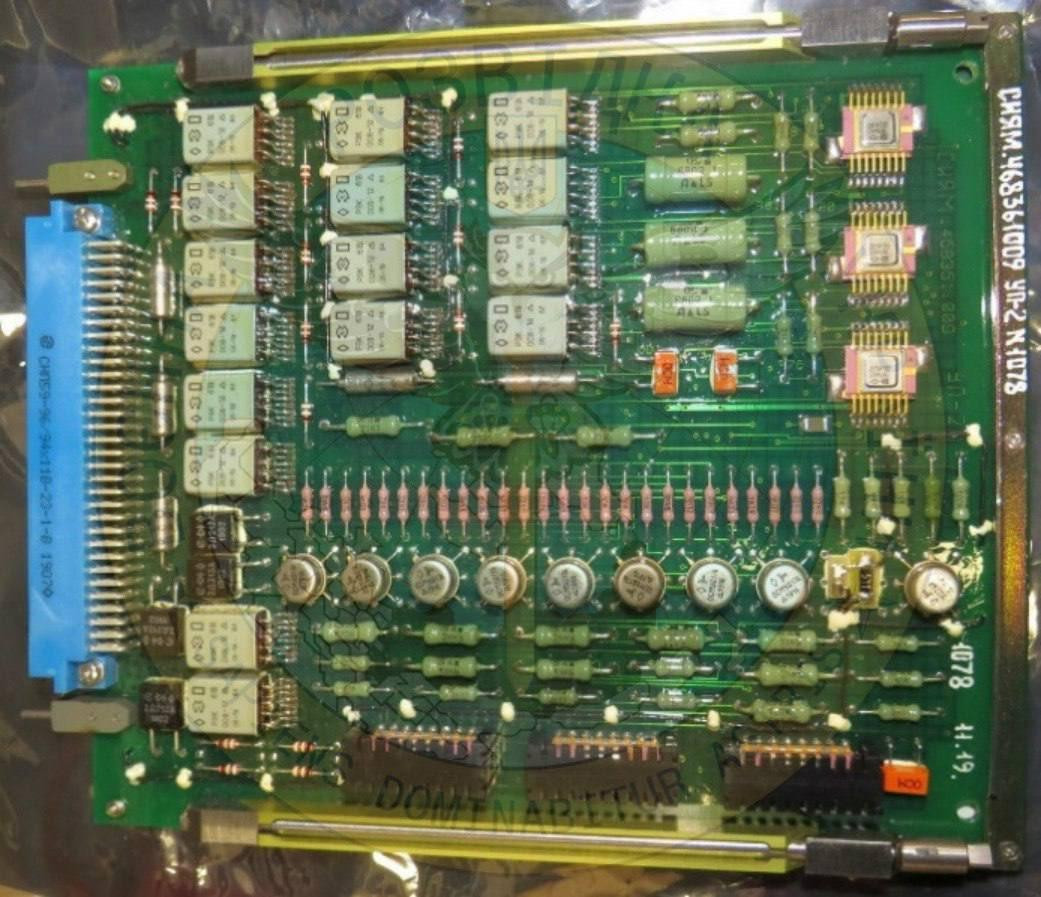 |
The photo is said to be of a circuit board from Russia's Kh-101 cruise missile, "dissected" by Ukraine to study the internal components. Photo: The Drive |
Since the conflict in Ukraine erupted, Western countries have tightened sanctions, increasingly targeting microchip supply chains to reduce Russia's military capabilities.
The new sanctions come after years of tighter controls on the semiconductor market under the category of “dual-use goods” (military and civilian applications) set out in international agreements such as the Wassenaar Arrangement and recent EU regulations.
However, experts warn that these export control regimes often fail to prevent the transfer of technology to unwanted entities.
“Once the chips have left the factory, it is difficult to know for sure where they will go,” said Diederik Cops, senior researcher on arms exports and trade at the Flemish Peace Institute.
Mr Cops said Russian entities supplying equipment to the military had a variety of ways to obtain vital goods, from buying them on unregulated online marketplaces to using front companies to smuggle high-tech equipment into Russia.
An investigation by Reuters and RUSI in August found that components from US and other Western technology companies were still rife in Russian military equipment found on the battlefield.
“Russian missiles, processors and sensors are built with Russian components. But the most important, high-tech components in them are Western,” said RUSI expert Byrne.
“Russia has used a lot of their high-end equipment [in Ukraine] – cruise and ballistic missiles, precision munitions, the latest infantry fighting vehicles. Now they are using older equipment from storage. The sanctions have slowed down the procurement of high-tech components, and essentially undermined the Russians’ ability to use high-end equipment, so they will have to rely more and more on outdated equipment,” Cops said, adding: “More and more outdated missiles are being found in Ukraine, which shows that Russia is facing supply chain shortages.”


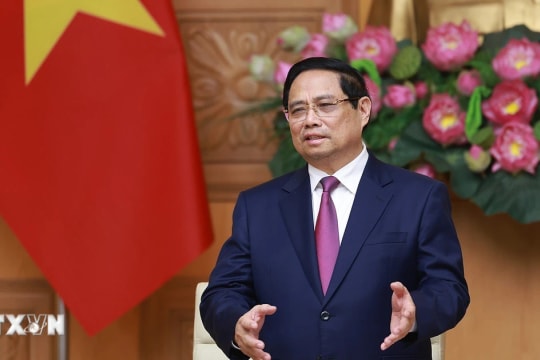

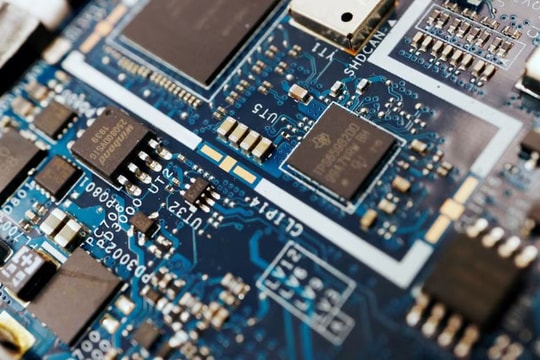
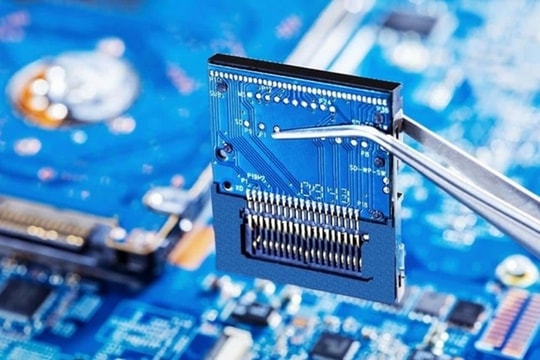

.jpg)

